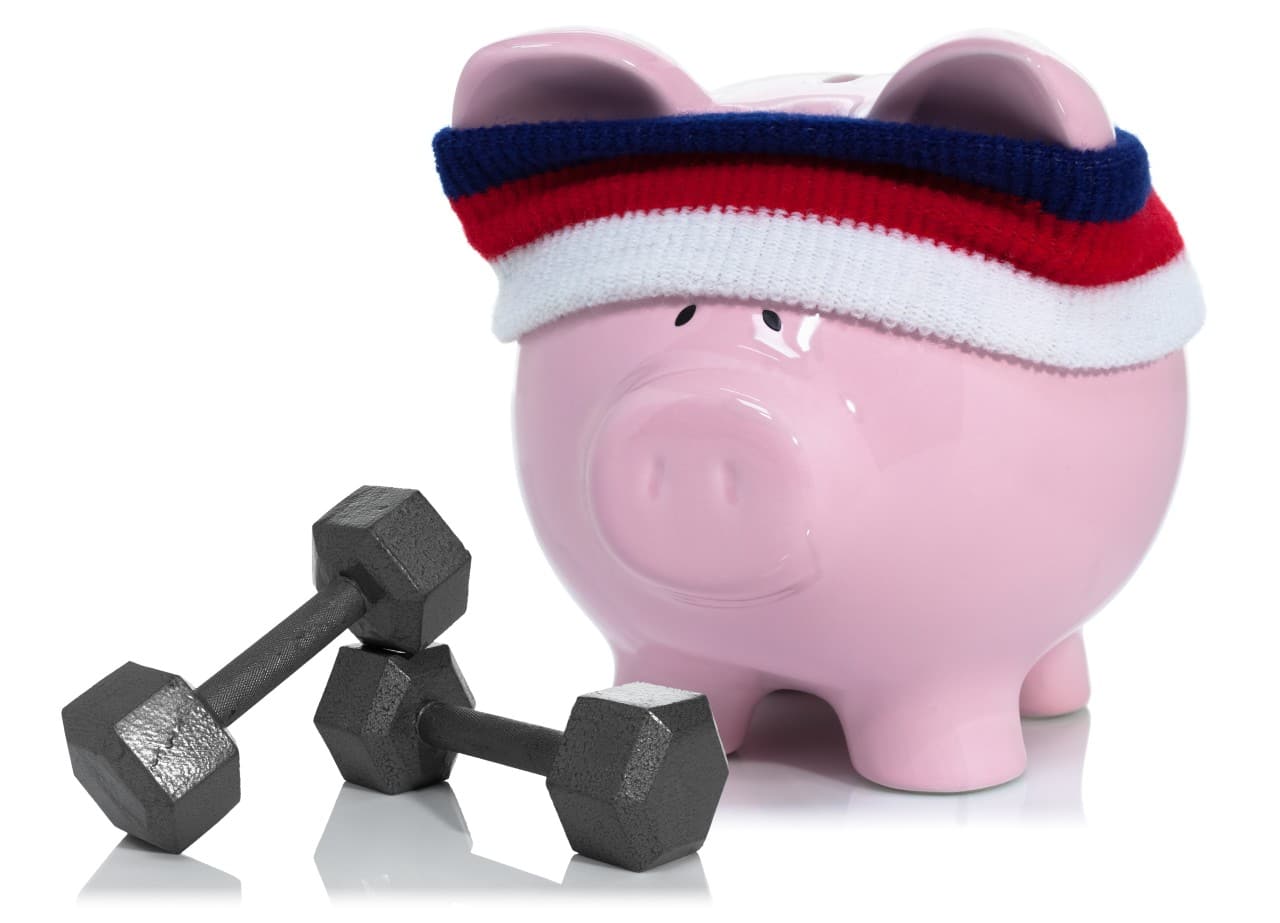November is Financial Literacy Month in Canada. Various non-profit organizations and community groups partner with the Financial Consumer Agency of Canada (FCAC). In this effort, they all encourage Canadians to improve their financial well-being.
Throughout the month, there are national events to educate the public about the importance of financial literacy. These events promote financial products and services available to the people of Canada.
Here’s what you need to know about Financial Literacy Month and how it works to boost Canadians’ financial literacy levels.
Data on Financial Literacy in Canada
If you want to know how Canadians fare when it comes to financial literacy, see the numbers below.
- According to the 2019 Canadian Financial Capability Survey, 8% of Canadians said they are falling behind on their bills and other financial commitments. 65% of Canadians are keeping up with bills and payments, while a growing share is facing financial pressures.
- About 49% of Canadians report having a budget, up from 46% in 2014.
- Individuals who are more confident with their financial knowledge and decisions are better when it comes to managing their finances.
- Almost 69% of Canadian adults don’t know how much money to save for retirement.
With this data, it’s only imperative to help improve the public’s knowledge, skills, and confidence in handling their finances. Make sure to keep updated with people’s financial literacy levels in Canada by checking out the Canadian financial literacy database.
The Importance of Financial Literacy
Financial literacy is immensely important because of the current situation brought about by the Covid-19 pandemic. Across the globe, millions of people have lost their jobs and are still financially struggling. Now is the best time to help folks understand and make informed decisions regarding their finances.
A good understanding of personal finances can boost confidence in saving and budgeting. Through the celebration of Financial Literacy Month, we remind ourselves about the importance of financial knowledge, skills, and confidence.
Organizations that participate can also provide useful resources and financial literacy programs. Social media and other online platforms to educate the public is impressive approach because technology makes financial education more accessible.
Here are some free financial literacy webinars/seminars:
Financial Literacy Tips Everyone Should Hear
Here are some Financial Literacy Month tips:
- Open a savings account that gains high interest.
- Discipline yourself to avoid spending unnecessarily on convenience.
- You can make $500,000 if you set aside $50 every month in a Registered Retirement Savings Plan (RRSP) starting in your early 30s.
- Investing in a tax-free savings account is among the best investments you can make. Since it’s tax-free, you can grow your money fast.
- Start investing in mutual funds or stocks to make your money work for you.
- Before buying something, always ask yourself if you really need the item. You also need to think carefully if it’s important. You can delay buying the item for 2 weeks for that purpose.
- Make sure to eat at home before you go out to buy groceries. In this way, you can prevent yourself from buying food items impulsively.
- Taking out loans isn’t always detrimental to your finances. Consider them investments if you use the money for a purchase like buying a home or building a business.
- Diversification of your investment portfolio is crucial. So, it’s advisable to avoid putting all your investments in low-risk or high-risk mutual funds or stocks.
- Don’t hesitate to ask people about financial matters. A simple question about money can make a difference in your financial health. Also, surround yourself with folks who are financially literate.
Takeaway
Canada’s Financial Literacy Month is here. Make sure to grab this opportunity to make yourself knowledgeable about financial matters. Learn how to save your money, look for investment opportunities, and create a budget. You can do all that and more to help you become financially stable.





